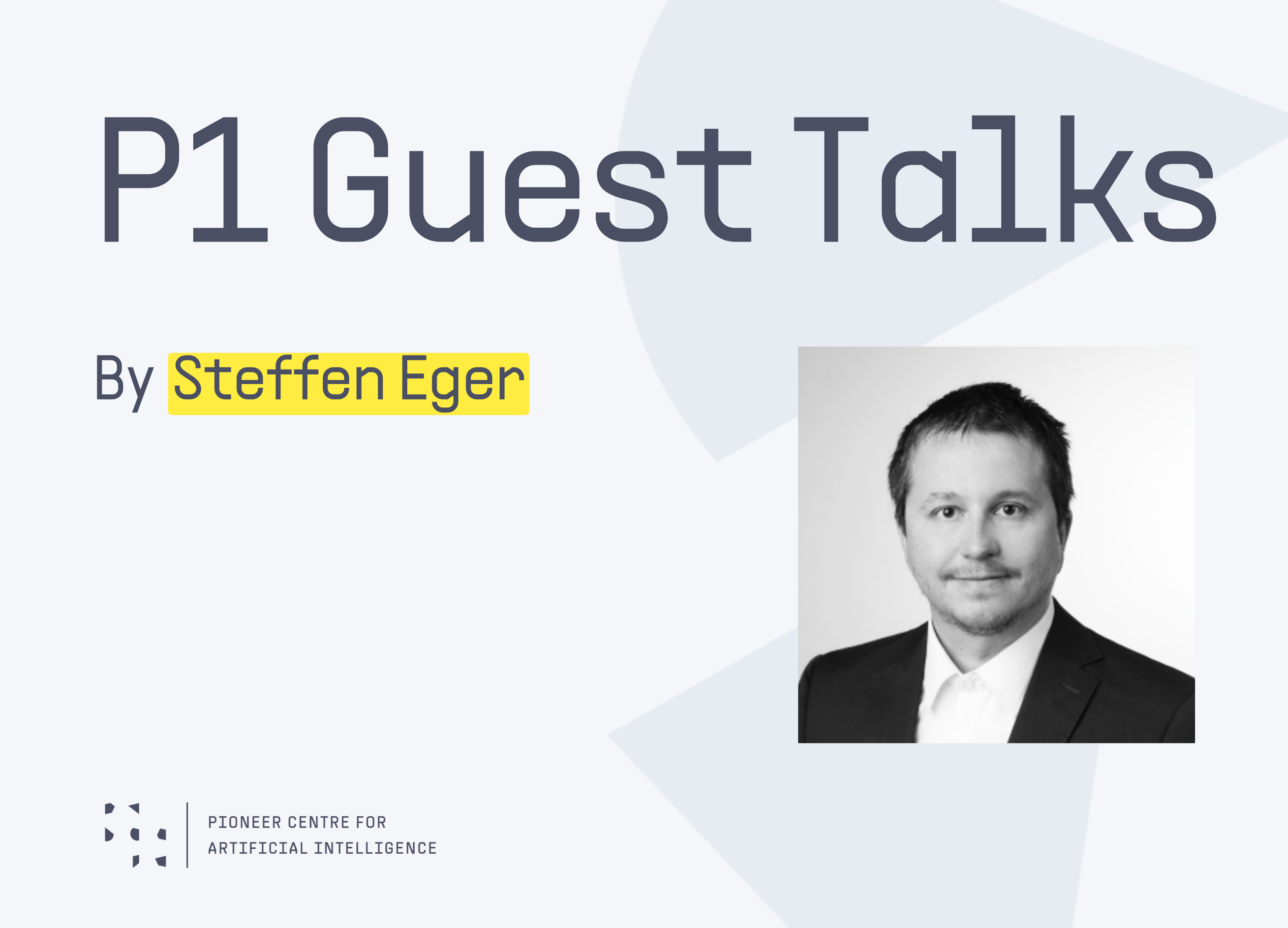Event
Talk: NLP at the Cross-Roads of Digital Humanities and the Social Sciences
Location
Date
Type
Title
NLP at the Cross-Roads of Digital Humanities and the Social Sciences
Abstract
In this talk, I will present an overview over the current research agenda of my group, the Natural Language Learning Group (https://nl2g.github.io/). This includes our recent efforts in (i) more classical NLP as well as problems at the intersection of NLP and (ii) the digital humanities as well as (iii) the social sciences. Regarding (i), I will talk about our latest approaches to inducing robust, efficient and explainable evaluation metrics for machine translation and summarization. Regarding (ii), I will talk about our recent approaches to character-level and multi-agent poetry generation and text generation for the scientific domain as well as to modeling syntactic language change in English and German. Regarding (iii), I will briefly talk about detecting and quantifying social solidarity with women and refugees in German political debates over the last ~150 years.
Bio
Since 2023, Steffen Eger is Heisenberg and BMBF group leader at University of Mannheim, Germany. Before that, he was interim professor at Bielefeld University, Germany, and Junior research group leader at TU Darmstadt, Germany. In 2022, he was awarded the prestigious Heisenberg fellowship from the German Research Foundation (DFG) and an interdisciplinary AI research group grant from the German Federal Ministry of Education and Research (BMBF). He has broad interest in NLP related topics such as text generation and its evaluation, digital humanities and the social sciences. He has published numerous papers at top-tier NLP related conferences and journals. He has further served as an area chair for ARR, ACL and EAL and regularly reviews for all major NLP and Machine Learning conferences and journals. Since 2020, he was a regular organization committee member of the Eval4NLP workshop (https://eval4nlp.github.io/) in which he co-organized two shared tasks on explainable evaluation metrics. From February to April 2024, he will be visiting scholar at Copenhagen University.
Find the slides from the Talk, here.
